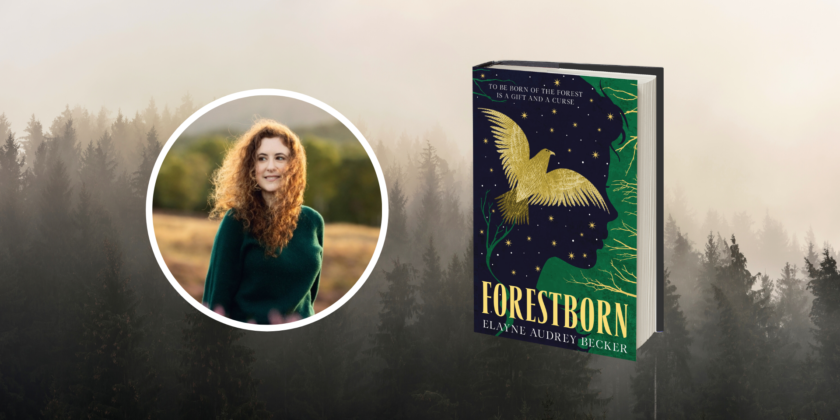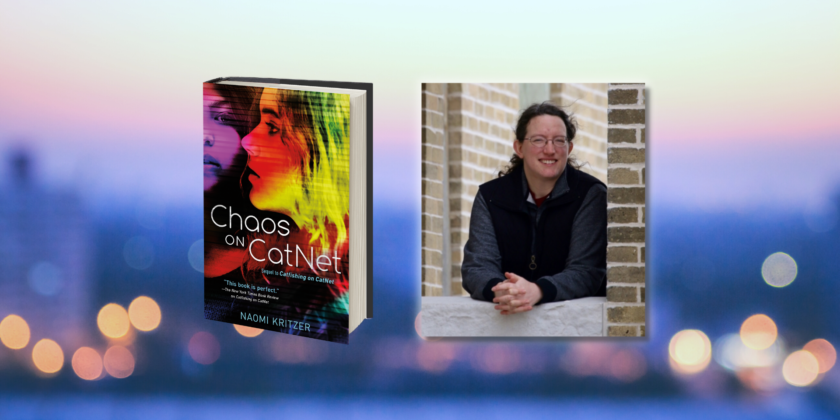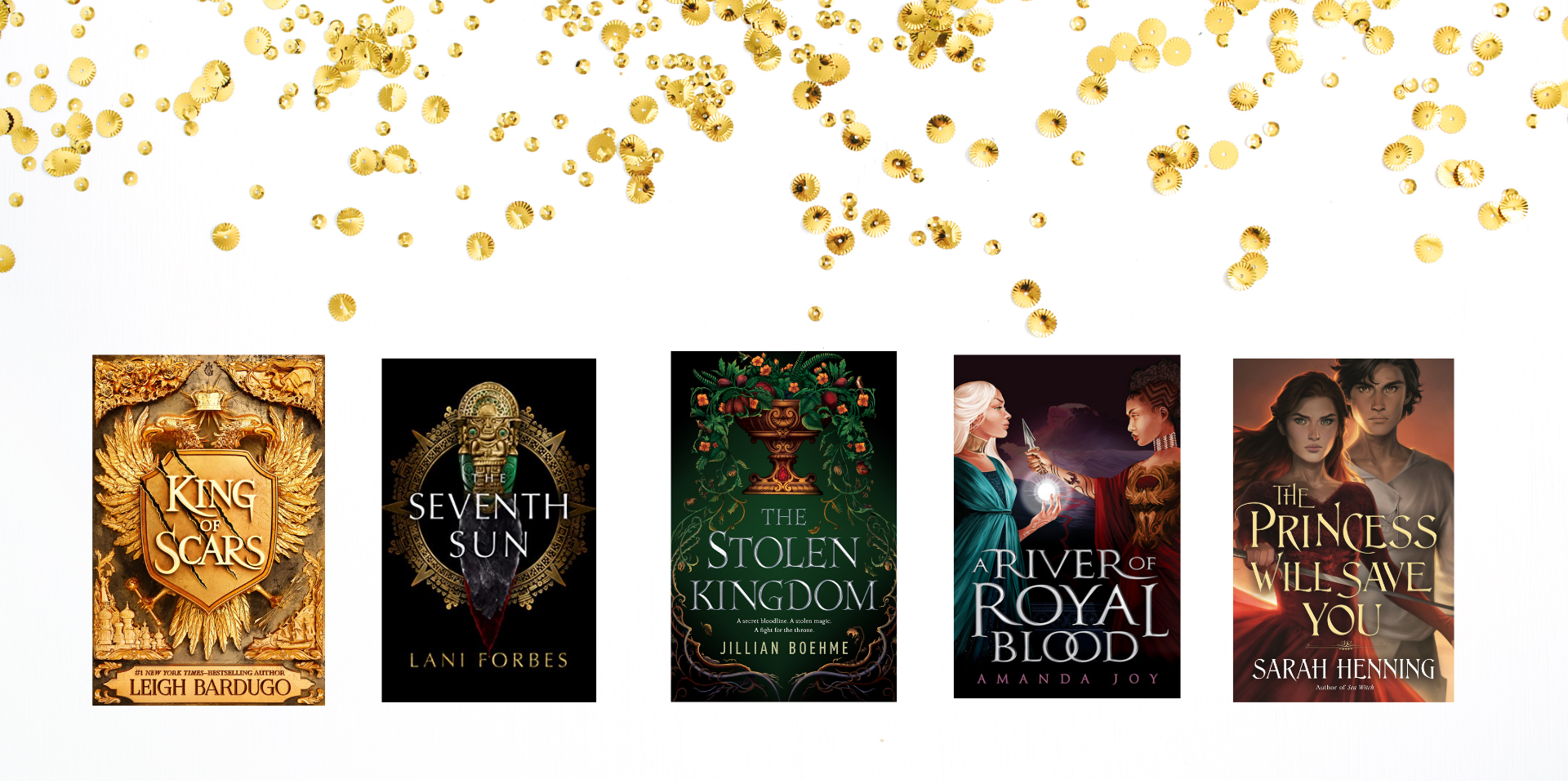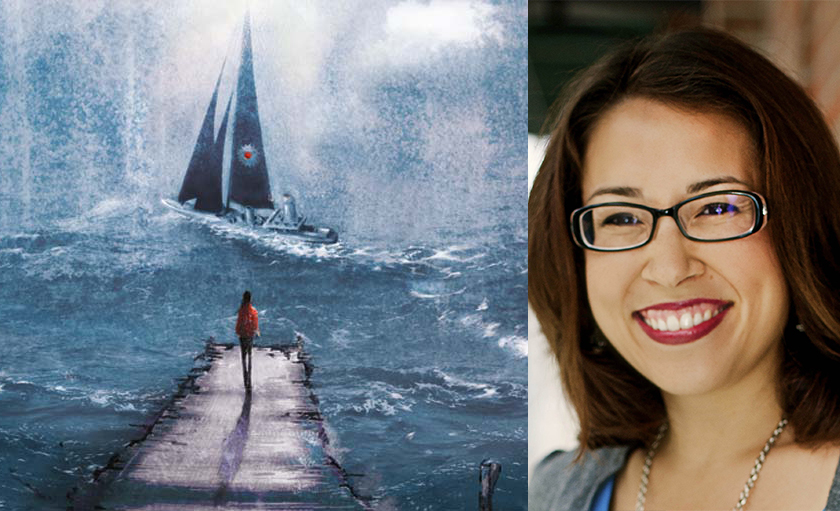
Written by Kristen Simmons
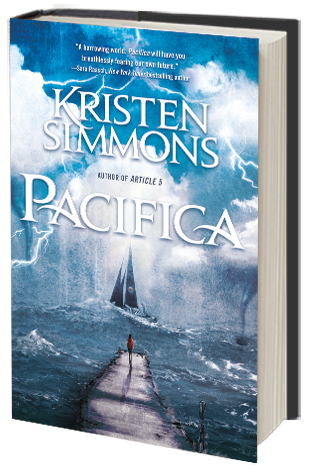 When people ask what advice I can give new writers, I always feel a little uncomfortable. Writing is a deeply personal activity, one which often involves ripping out your own beating heart and laying it on the page. Who am I to give advice to others on how to tell their stories? How could I possibly prescribe a method for practicing vulnerability? I often tell people to write a lot, because (surprise!) writing is the best practice for writing, and to read as much as they can. But I actually think the best thing a writer can do is to know themselves—to dust off locked away memories, both joyful and painful, to examine the root of each bias and assumption, and to figure out the things that make them unique.
When people ask what advice I can give new writers, I always feel a little uncomfortable. Writing is a deeply personal activity, one which often involves ripping out your own beating heart and laying it on the page. Who am I to give advice to others on how to tell their stories? How could I possibly prescribe a method for practicing vulnerability? I often tell people to write a lot, because (surprise!) writing is the best practice for writing, and to read as much as they can. But I actually think the best thing a writer can do is to know themselves—to dust off locked away memories, both joyful and painful, to examine the root of each bias and assumption, and to figure out the things that make them unique.
And then to write from that raw, unguarded place.
I haven’t always done this. I don’t always do it with every story. But as I was setting the framework for my next novel, Pacifica, I felt something deeply personal taking hold. My grandmother’s health was declining, and I found myself replaying the stories of her life in my head, searching for a way to honor the struggle of her past while processing the events of my rapidly changing present.
I didn’t set out to write a story about my family, but in a way, that’s what happened.
My great-grandmother, Haru Tanaka, was a school teacher in Hawaii when Pearl Harbor was bombed. She watched the planes painted with the Rising Sun fly overhead, thinking they were part of the American military’s training exercises, until one crashed into a nearby house. In the hysteria that followed, she was escorted, at gunpoint, to an immigration station in Honolulu, where she would stay for two months for her own “safety,” without even a change of clothes. After that, she would bounce around various detention centers, begging for someone to believe that she was innocent, until finally being moved to an internment camp in Crystal City, Texas. There, she ate meager rations, bathed under supervision, was subjected to American loyalty tests, and waited for infrequent, screened letters from her children, until the end of WWII.
She returned home to Hawaii to find her house and job gone, and her children the subjects of a racism that would scar my family for generations.
My great-grandmother lived to be 102 years old. Her stories became my grandmother’s, and my mom’s, and finally mine. But when I sat down to write this story, it did not come out as the biography of a woman sent to a Japanese internment camp. When I closed my eyes to imagine her story, I saw a survivor—a bright light in a world in ruins, the ground quaking beneath her feet, the sky filled with lightning. I saw her friends being ripped from their homes and their families, with no indication of where they were going. I saw drowned cities, and islands made of trash, ruled by those who could survive their banishment.
I saw the fighters. I saw hope.
It was a frightening world to imagine, and an even scarier one to write. I put myself in the place of imagining her loss and betrayal, and her endurance in dark times. I embraced her tenacity, and honored her survival as best as I could. It left me raw and shaken at times, but in doing so, I honored her, and myself, in the best way I could.
As writers, finding that truth, even if it hurts, is the best, most genuine, thing we can do.
Order Your Copy:
Follow Kristen Simmons online on Facebook, Twitter, Instagram, and her visit website.




